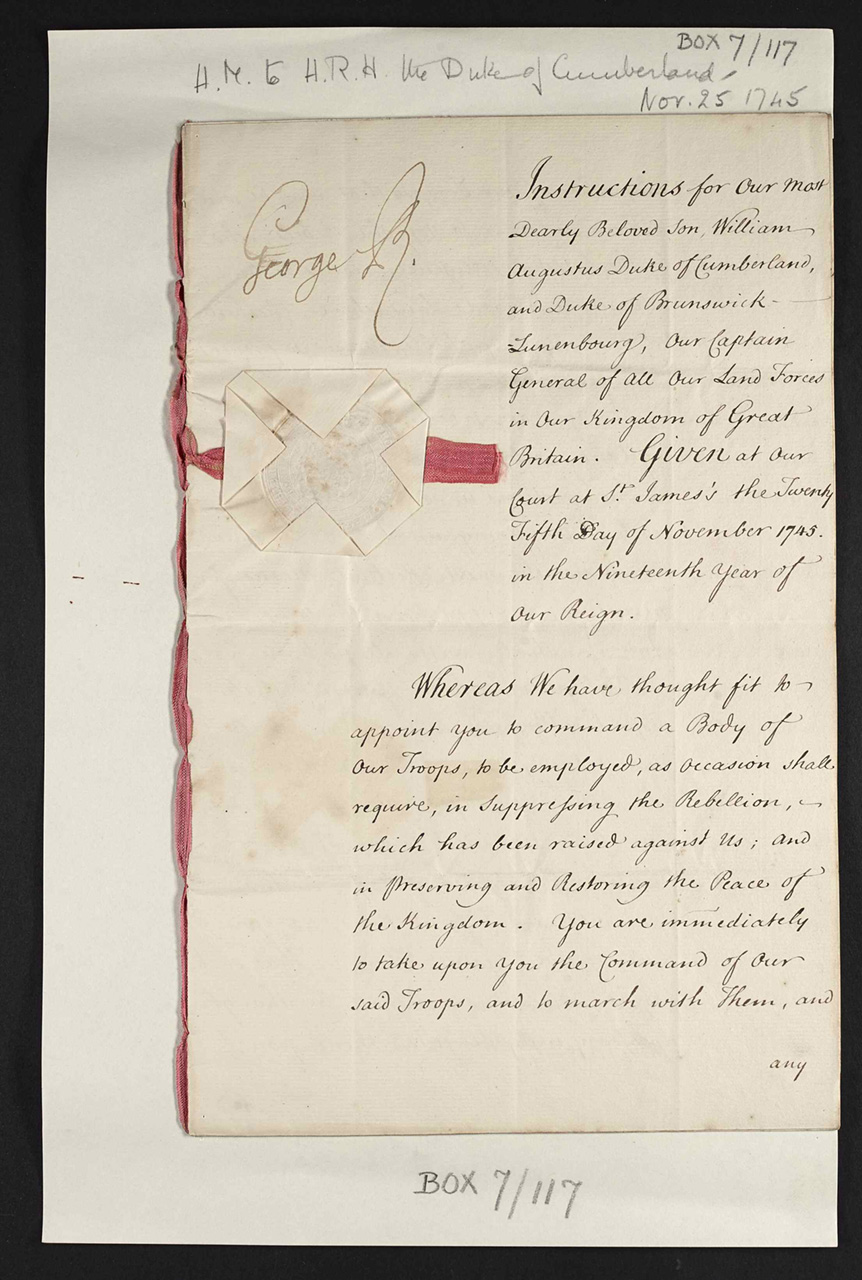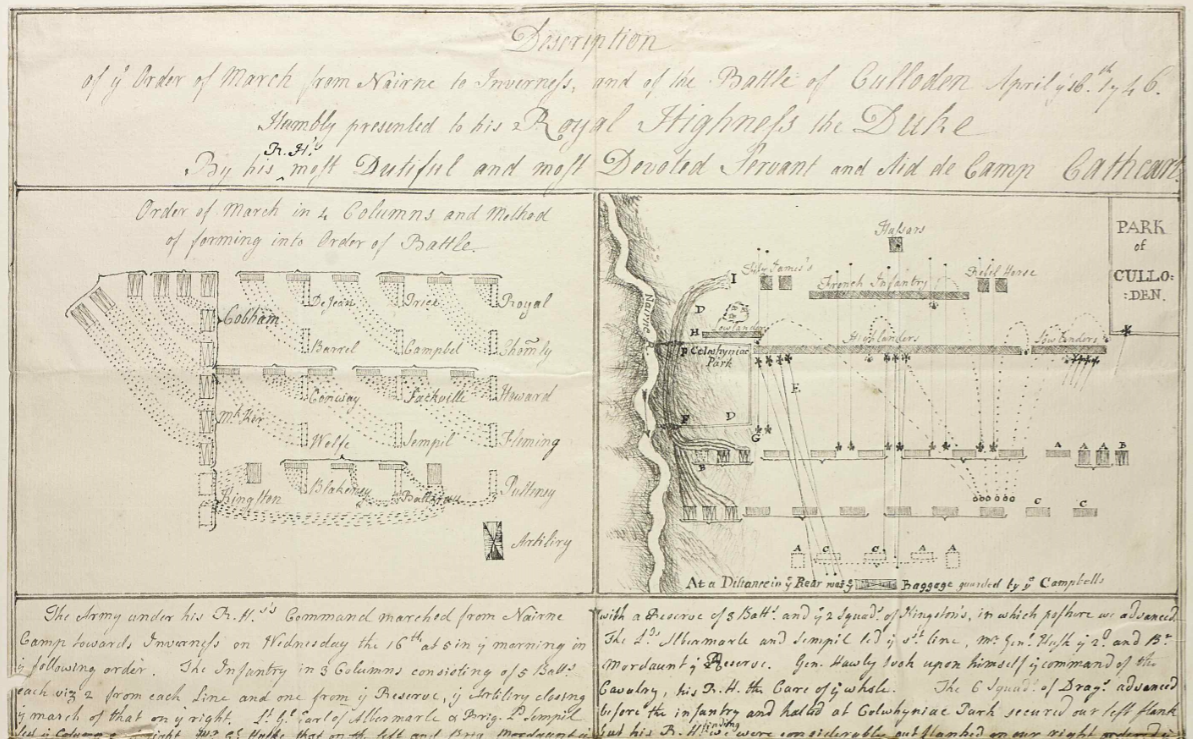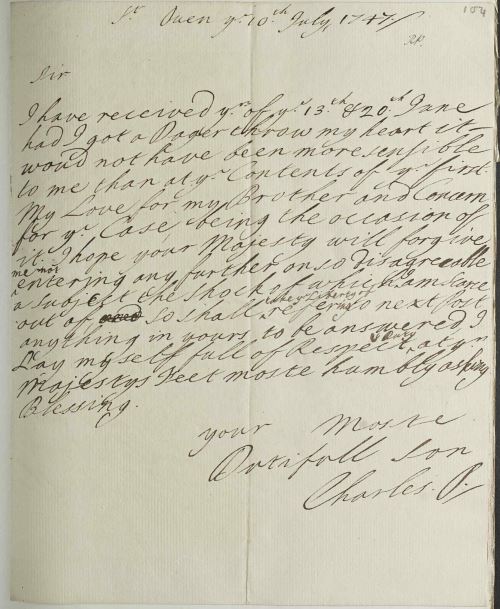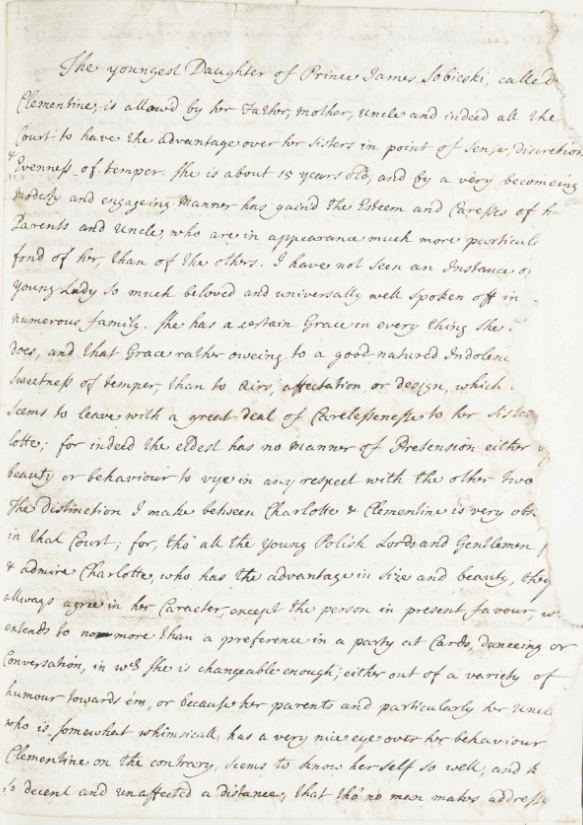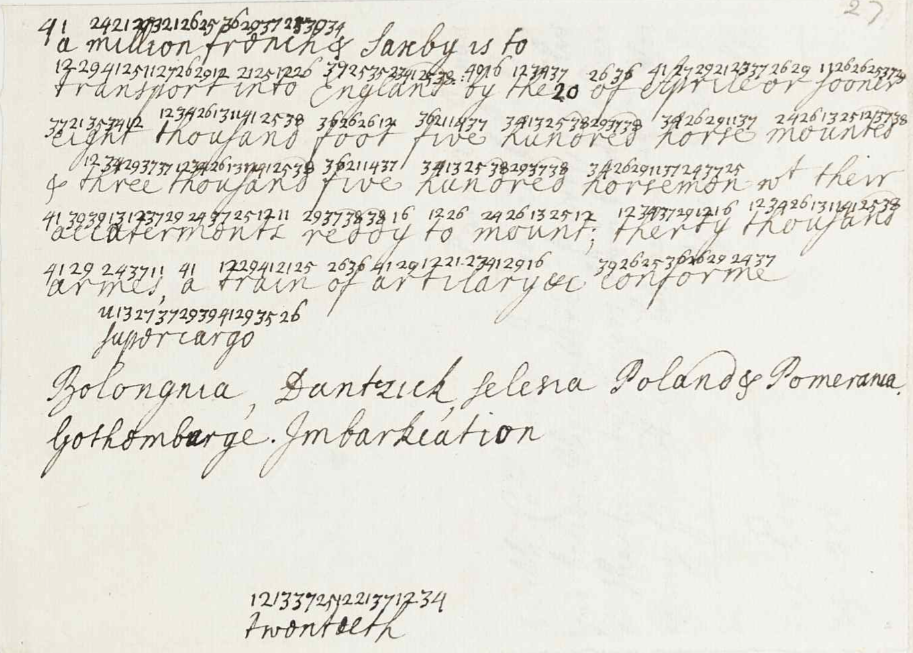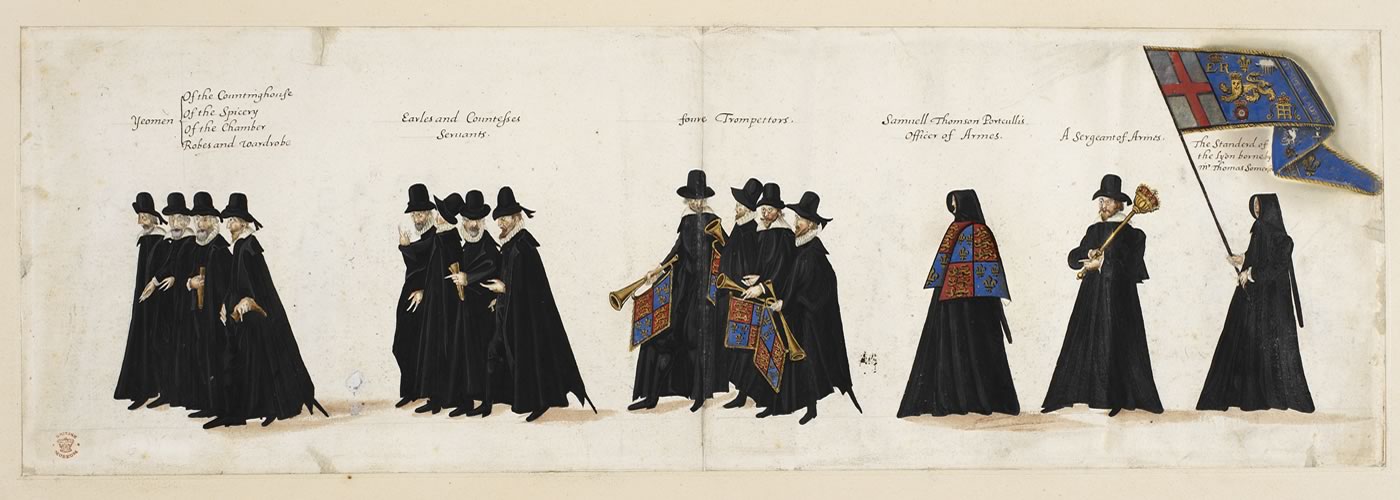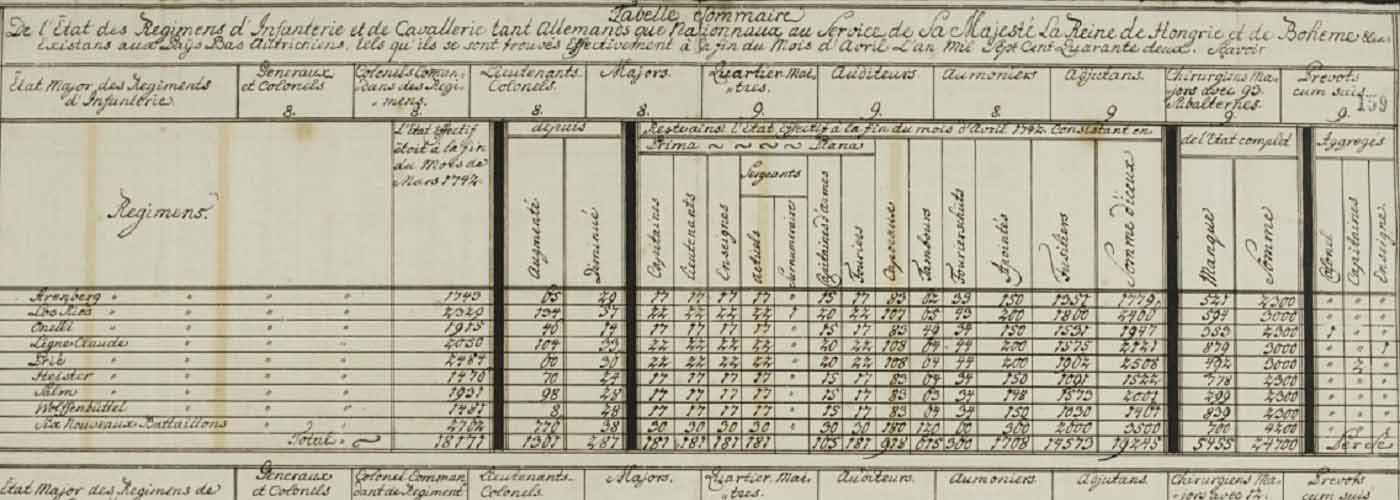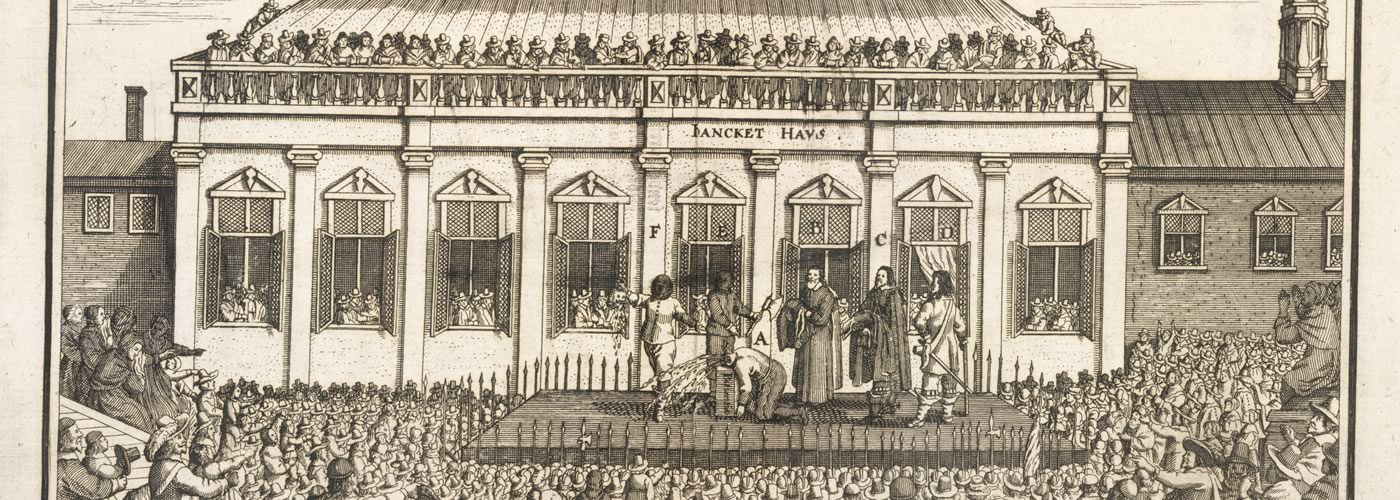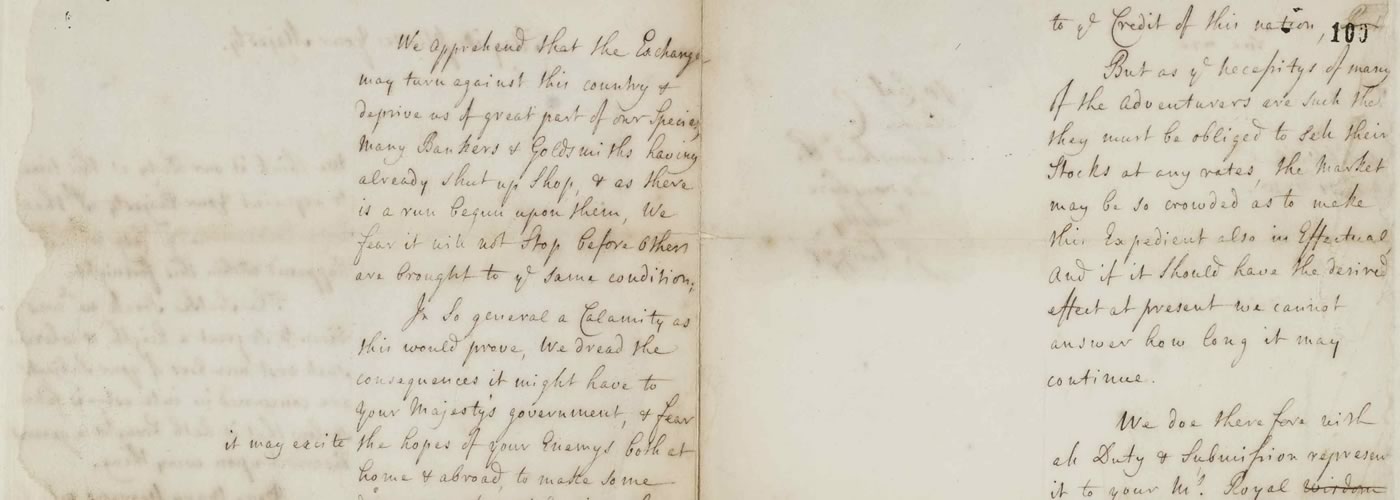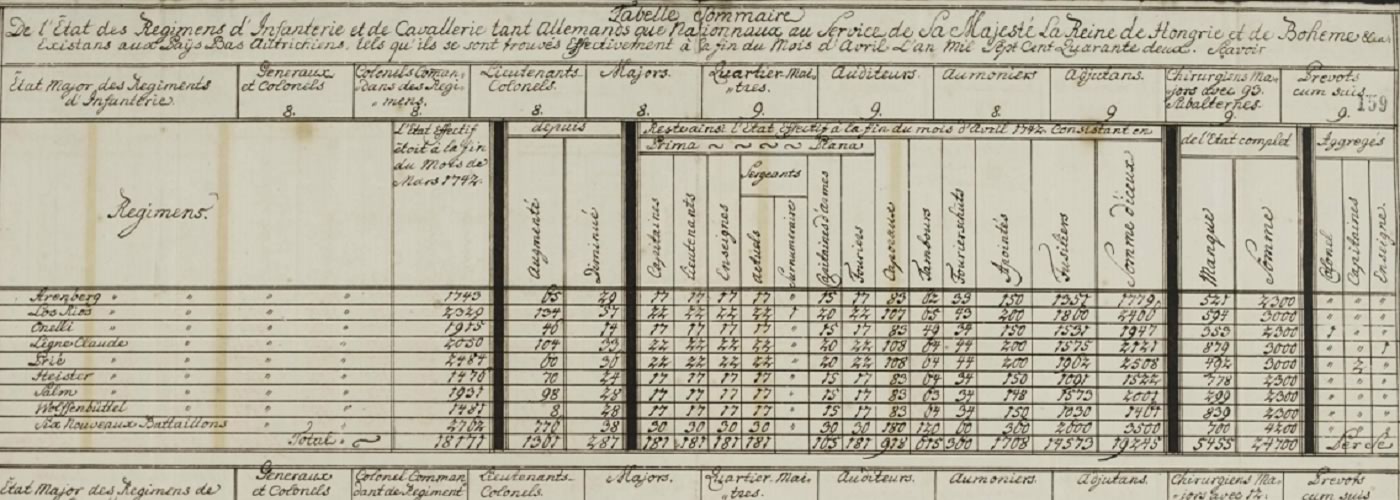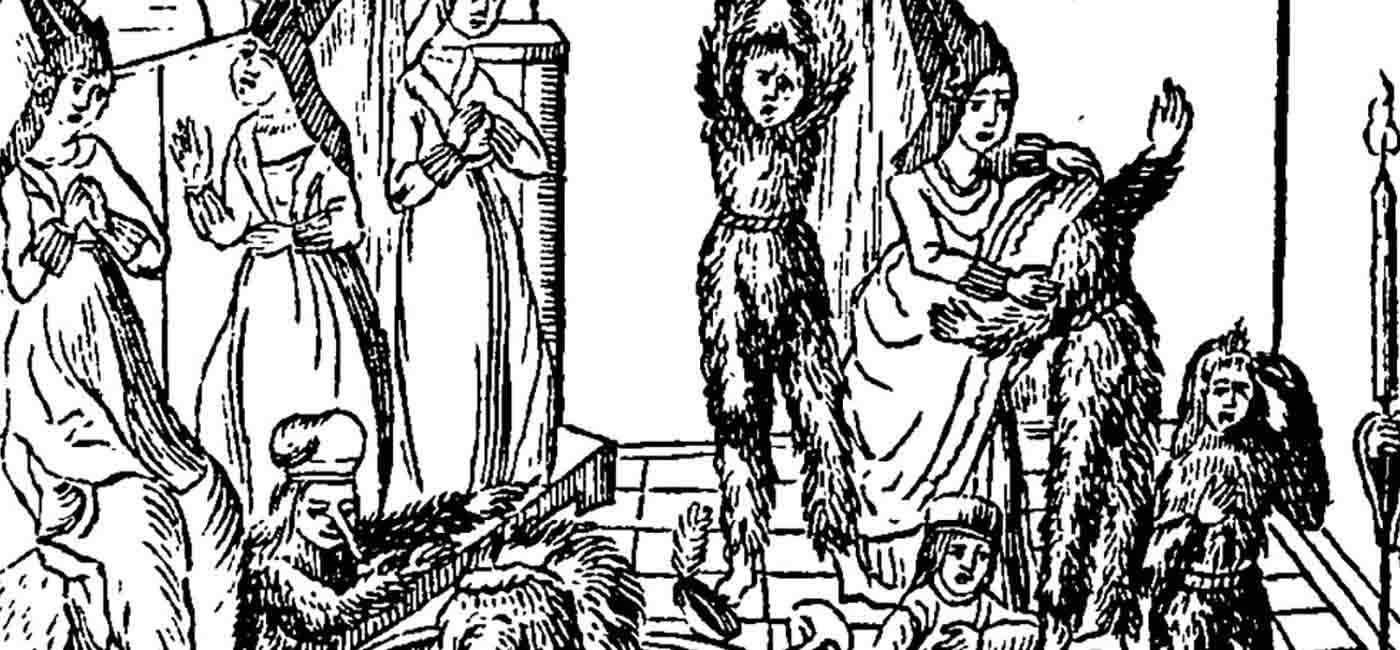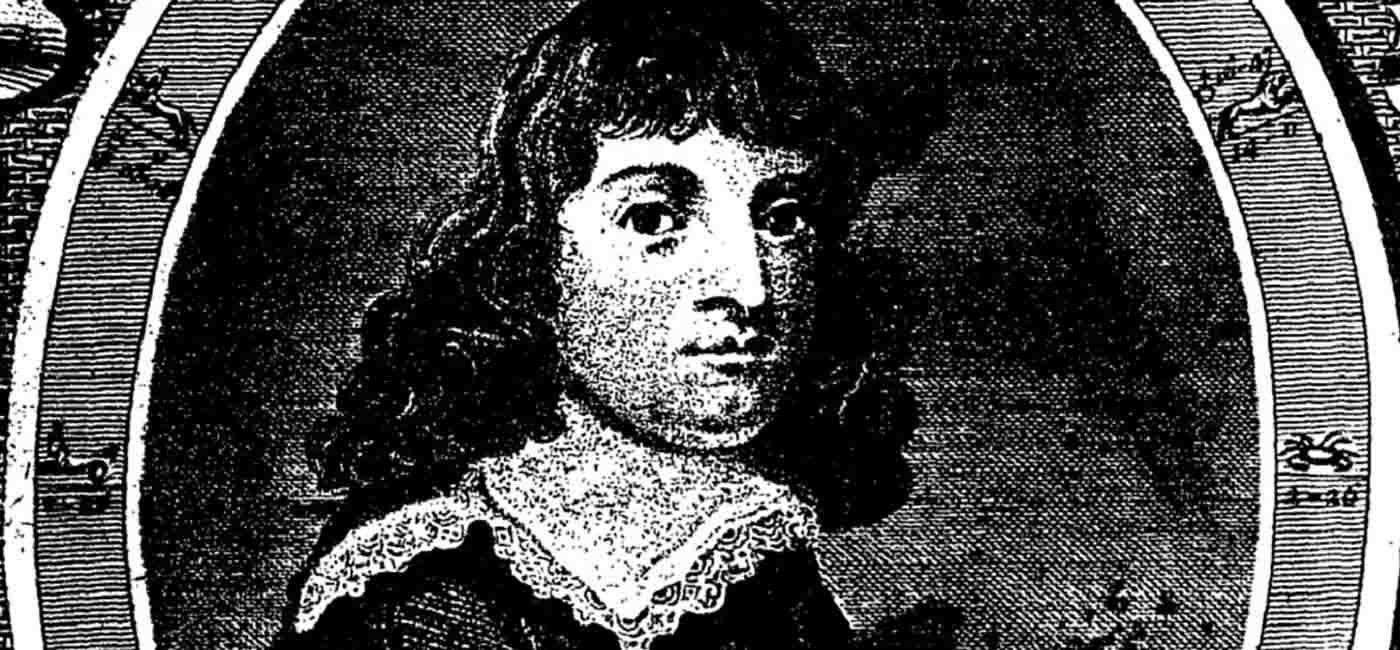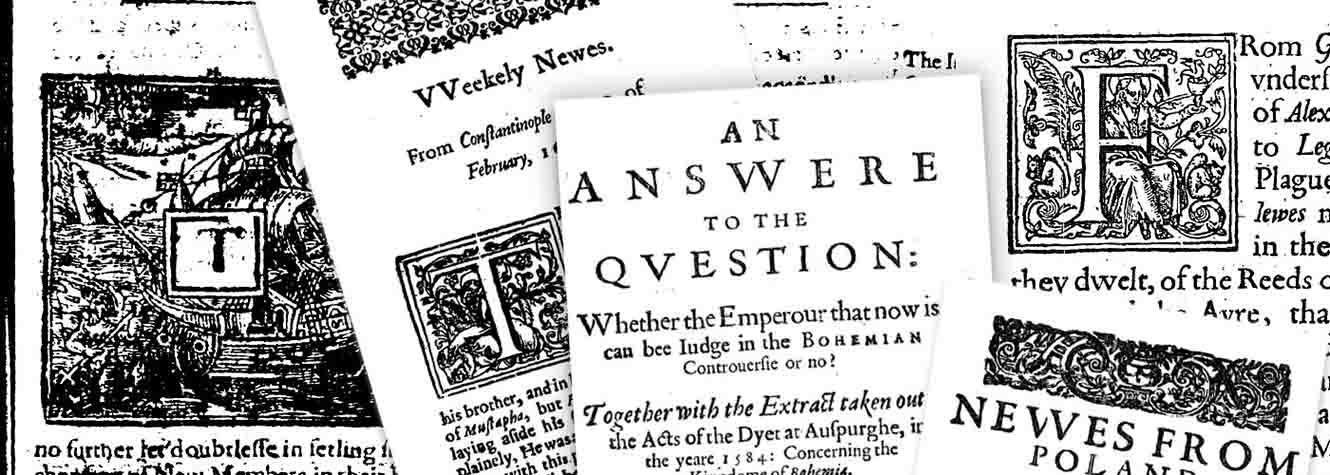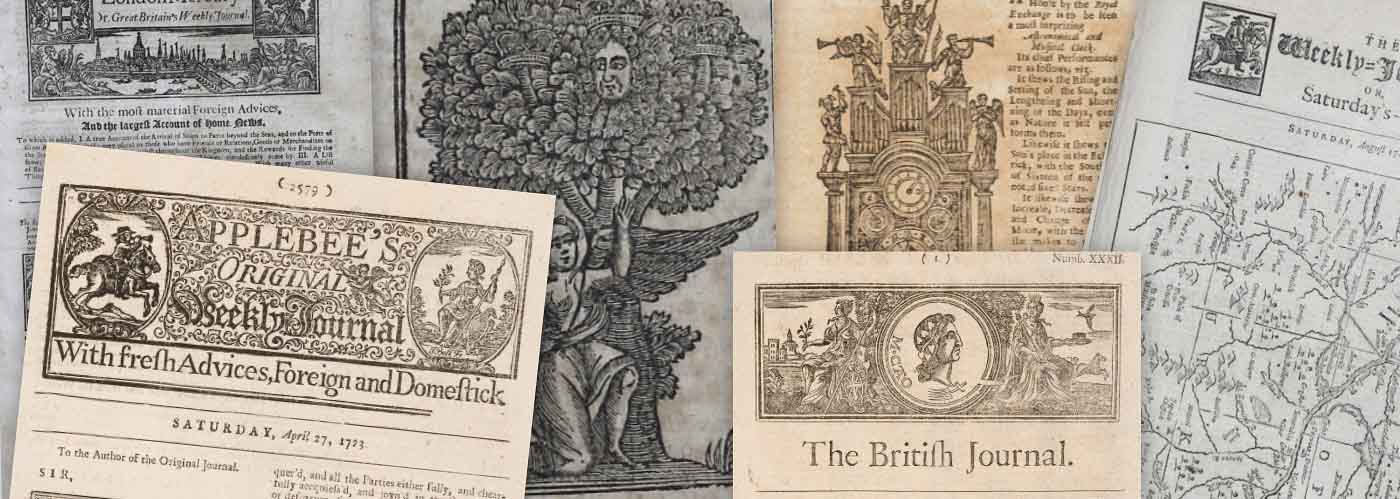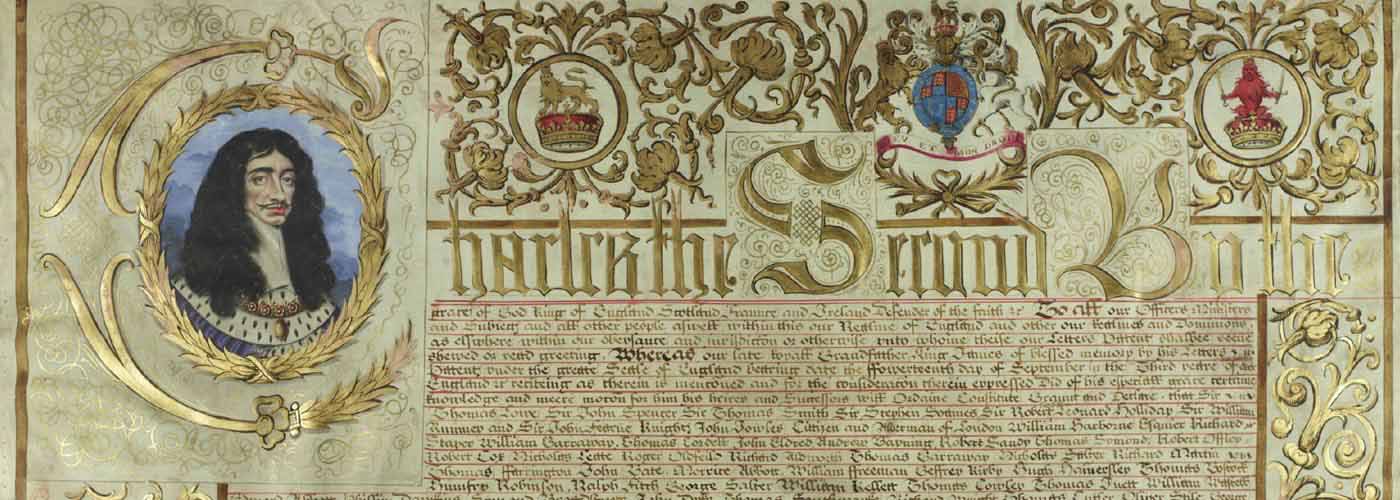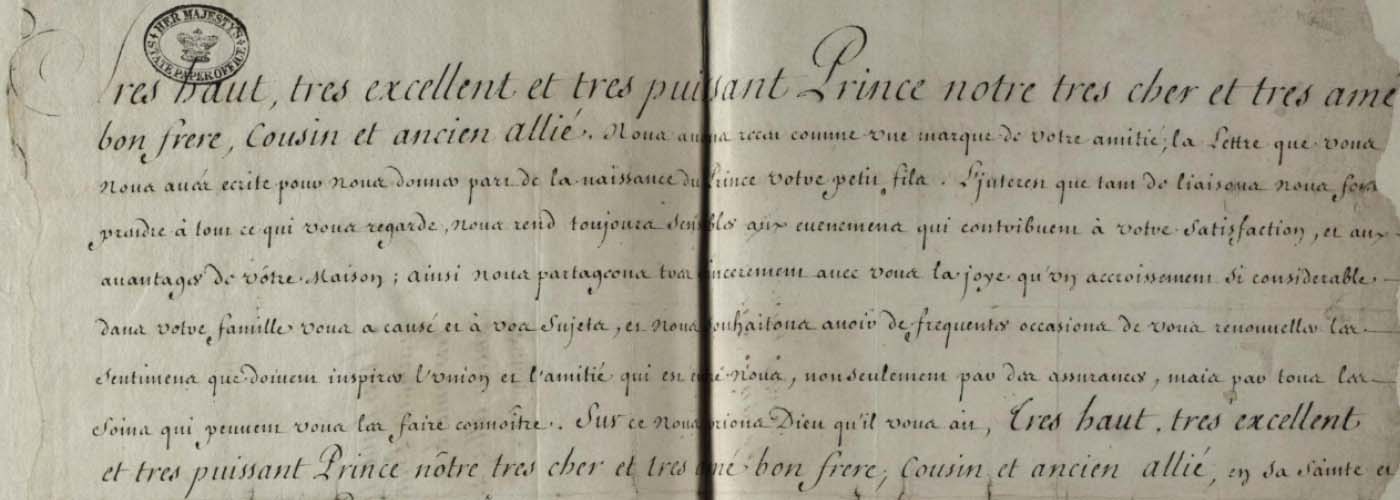An unparalleled documentation of the Jacobite movement, and the opposing forces of the ruling Hanoverian monarchy
Digitized for the first time, the Stuart and Cumberland Papers from the Royal Archives at Windsor Castle are now available online in their entirety. The Stuart Papers represent the correspondence and personal documents of the exiled members of the Stuart dynasty after 1688. Available here alongside the Cumberland Papers of William Augustus, Duke of Cumberland and second surviving son of George II, they provide a unique window into the world of the Stuarts and their Jacobite followers, as well as to the incumbent Hanoverian monarchy during a time of continental wars, domestic conspiracies, and rival claims to the Throne.
From the time of the Glorious Revolution in 1688 until the death of the final Stuart claimant in 1807, the Stuart Pretenders were royal exiles in Europe, and at the head of a network of Jacobite supporters at home and abroad. Jacobites at all levels of society corresponded with them and their agents, visited the court-in-exile at St Germain-en-Laye, Avignon or Rome, and reported on the activities of the ‘usurping’ house of Hanover and its supporters in Britain.
The Stuart Papers is that correspondence. The collection tells the story of the lives of James II and his heirs, James Francis Edward (the Jacobite James III and VIII), Charles Edward (the Jacobite Charles III) and Henry Benedict (later the Cardinal Duke of York, and Jacobite Henry IX). Centred around the royal family, the papers allow researchers access to their wives and mistresses, loyal followers, courtiers, and spies around Europe. At various times, there were Jacobite agents and envoys in Italy, Sweden, Spain, Russia, France, Poland, and Britain, and a strong Jacobite culture developed in Scotland and among the expatriate Irish who had followed James II to the continent. In this archive, researchers will find domestic plots and international schemes, personal letters between the members of the Stuart family and their closest allies, details of court intrigues and quarrels, even household accounts and menus.
The Cumberland Papers relate particularly to military matters from the Duke’s time as Captain General of the British army in the War of the Austrian Succession and the early stages of the Seven Years’ War, but also include a number of Jacobite documents captured in Scotland after the Battle of Culloden in 1746, including letters from Charles Edward Stuart and accounts of his escape to Skye. Elsewhere, British national and foreign policy, parliamentary updates, reports from British colonies, and personal papers relating to the Duke of Cumberland’s role as Ranger of Windsor Great Park, and to his household and estate at Cumberland Lodge are also represented.
FEATURED REVIEW
"Like all of the State Papers Online series, this resource is essential for scholars and students of the period. It brings to light underground documents of the 18th-century British revolutionary movement, thereby revealing the mind-set of opposing factions, the mechanisms used to maintain power, and the schemes to suppress opposition."
- Library Journal
Look Inside
Additional Details
subjects covered
- Early Modern British and European History
- Eighteenth Century History and Politics
- Jacobite Studies
- Military History
- Scottish and Irish Studies
- Court Studies
Platform Features & Tools
Cross-Search Capability
Search across State Papers Domestic, Foreign, Ireland, and the registers of the Privy Council from 15th to 18th centuries.
Comparative Analysis
View two manuscripts side by side to compare drafts or handwriting.
Multiple Ways to Explore
Search across the Calendar entries and link to the manuscript, or browse each manuscript volume folio by folio.


